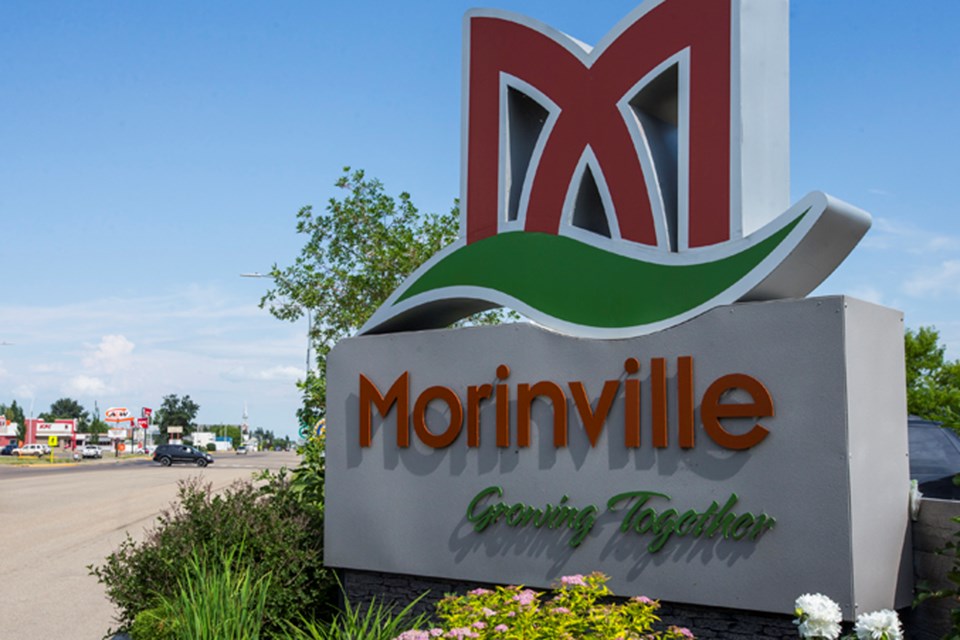Morinville business owners could get tax breaks to encourage development next year following a wide-ranging talk on tax policy by town council.
Morinville council held a long discussion in committee of the whole Sept. 13 about the town’s tax policy.
Council also got the results of the 2023 budget engagement survey. This online survey received 149 responses and is not statistically representative of the town.
About 56 per cent of respondents said they did not want council to increase taxes this fall, even if it meant significant service reductions. Some 58 per cent said they would most prefer the town to collect additional revenue through hikes to current user fees.
Council approved of administration’s recommendation to push its residential/non-residential tax ratio to 1:1.5, but said that push should be slowed down.
Town financial services manager Travis Nosko advised council to not bother with the creation of a special tax rate for small businesses, as virtually every business in town is a small business.
Council supported the idea of creating a higher tax rate for serviced but vacant residential lands.
“We have a considerable amount of our development levies invested in subdivisions that are not yet developed,” Nosko said, and such a rate could encourage developers to get building.
Nosko said he was still researching this idea, but suggested taxing serviced but vacant residential lands at the same rate as non-residential lands.
Councillors opposed the idea of taxing multi-family residential developments at a higher rate than single-family homes, which Nosko had raised as a way to increase revenue.
“There’s already a shortage of affordable housing in this community,” Coun. Maurice St. Denis said, and this tax change could fall upon those who need such housing the most.
Nosko recommended that council consider tax incentives for new high-density residential and non-residential properties. These incentives would take the form of a reduction in property taxes over time (e.g. 75 per cent off in year one; 50 in year two; 25 in year three).
“Single-family homes cost us more than they generate in tax revenue,” Nosko noted, so the town should instead seek high-density residential and non-residential development.
While Coun. Jenn Anheliger questioned the efficacy of tax incentives, Coun. Scott Richardson said the town should explore anything that could give it a competitive advantage, with the caveat that any incentive have a short term, so as to not harm existing business owners.
Nosko said he would take these comments and craft them into a tax policy to present to council Oct. 11. Said policy would guide, but not set, the town’s tax rates, which would still have to be determined by council at budget time.




